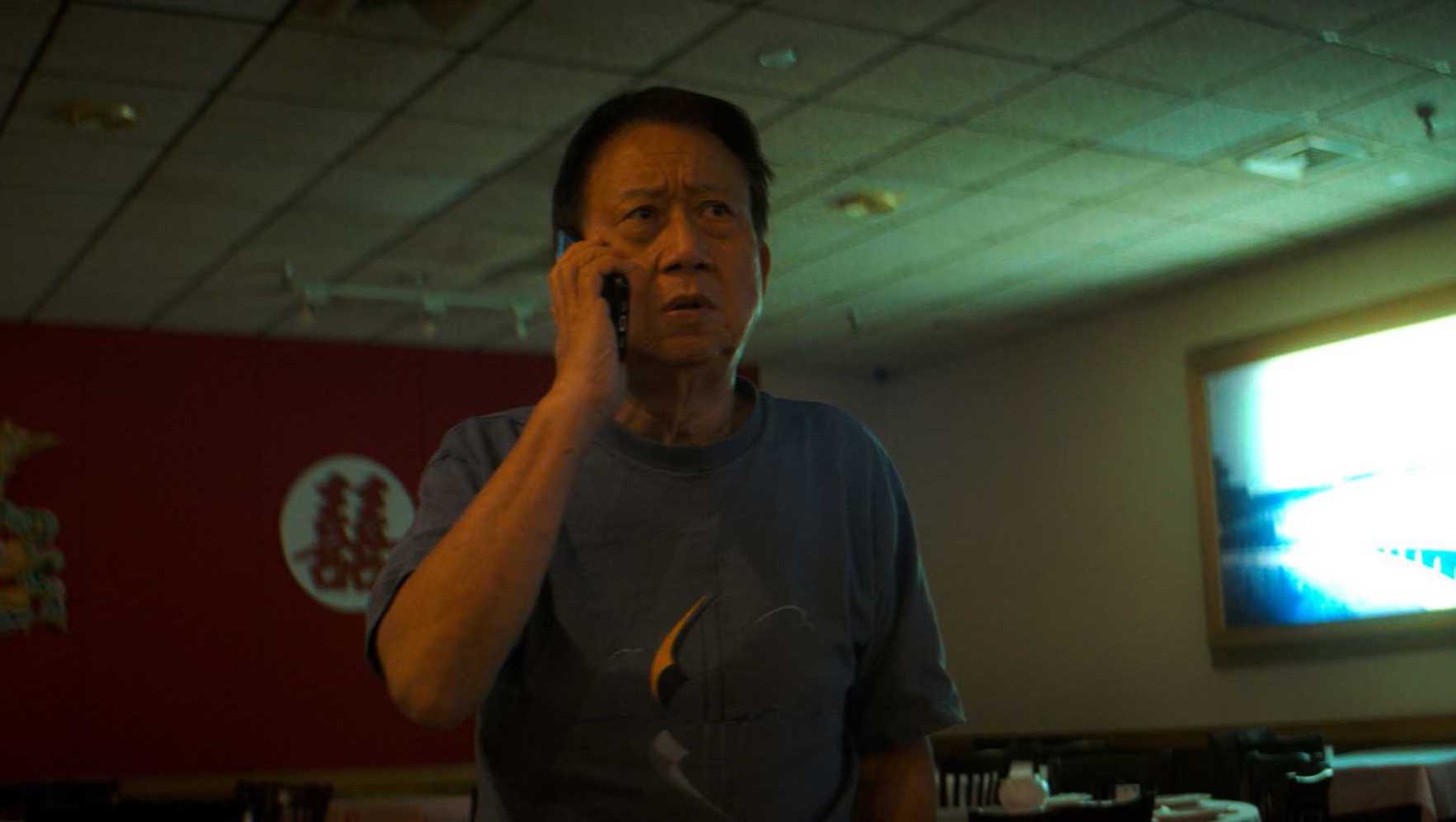
News
When Professors Speak Out, Some Students Stay Quiet. Can Harvard Keep Everyone Talking?

News
Allston Residents, Elected Officials Ask for More Benefits from Harvard’s 10-Year Plan

News
Nobel Laureate Claudia Goldin Warns of Federal Data Misuse at IOP Forum

News
Woman Rescued from Freezing Charles River, Transported to Hospital with Serious Injuries

News
Harvard Researchers Develop New Technology to Map Neural Connections
From Boston Asian American Film Festival: ‘Starring Jerry As Himself’ Highlights Familial Strength in Hard Times
Dir. Lawrence Chen - 5 Stars

As part of the Oct. 15 closing night screening of its fifteenth year of celebrating Asian American strides in the film industry, the Boston Asian American Film Festival (BAAFF) held annually at the historic Emerson Paramount Theatre showcased Chinese American director Lawrence Chen’s recent project, “Starring Jerry As Himself.”
“Starring Jerry As Himself” is a comedic, adventurous, and heart-wrenching film that will keep the viewer invested throughout. Further, it is one that captures the essence of a family, and all its complex dynamics of love, loneliness, and care. It is a one-of-a-kind film that acts as a cautionary documentary and drama, featuring vulnerable introspections of personal loss and family love through a plot with an authentically written script. Unlike most films, “Starring Jerry As Himself” is an honest hybrid of truth and embellishment: The storyline of the film is based on the real-life events that happened, written by and starring Jerry as himself.
Jerry Hsu is a divorced, retired engineer with nearly one million dollars in life savings. He has three adult sons and lives alone, and he is frugal, only spending on the crude essentials necessary to live. But after a panicky phone call from “policies officers” in Shanghai, Jerry’s life is turned upside down. Thinking he is cooperating with an ongoing Shanghai police investigation in the bank he uses, Jerry befriends two scammers who, in the span of two weeks, rob him of all his money.
The film opens like a family-made video, and it introduces the story of Jerry in a typical documentary style, showing snippets of the family’s past, including videos and recordings that emphasize their memories. The film multidimensionally depicts each family member as an individual character that contributes to the family dynamic. His ex-wife, Kathy, is quite the polar opposite to Jerry, often splurging on materialistic items like expensive dresses, fancy furniture, and a modern luxurious house. In contrast to Kathy’s money-oriented lifestyle, Jerry, who has always been very frugal with money, only spends for his family.
Arguably the most touching moment throughout the film is an ending scene between Jerry and Jonathan, one of his sons, revealing that Jonathan wrote a check of $40,000 to Jerry in repayment of his exorbitant college tuition. Even after losing his life savings, Jerry refused to deposit the check because, after all, Jonathan is his son, and he could never take his son’s money. The development of Jerry’s character in the minds of the audience shifts from an old, frugal, and gullible man who falls for such an obvious scam to a family-loving, selfless, and unconditionally generous father and husband who assumes the best in people. In a beautifully sentimental display of a real story of loss, the film captures the eternal compassion of fatherly love and the unconditional giving of family.
The film’s acting might feel as though it is home video quality, but this is only because these actors are not just acting — they are literally reliving their own past experiences. They quite literally are themselves on screen. It is clear that the film’s script (written by Jerry himself) showcases dialogue between each family member realistically, providing totally relatable conversations one might have with their father or ex-husband. In this sense, knowing that the family’s characters are played by themselves in real life (even using their actual names) substantiates their acting performance as a genuine re-acting of the past. This feature is specific to the film and is its speciality — it feels almost as if the actors are trying to “show” the audience of what happened, and not so much “play” their roles.
Above all performances, Jerry Hsu’s, without a doubt, epitomizes the film. His comedic, quirky, and touching performance elevates the film to another level of entertainment — one where the audience laughs uncontrollably and five minutes later finds themselves holding in tears. Jerry Hsu’s portrayal of himself as an oblivious victim of a scam is one of the most ironic and most fitting parts of the film.
Ultimately, “Starring Jerry As Himself” is not only a film about family, but also a story about the fallacies of the American Dream — how one can work for one’s entire life, only to lose it all in a matter of two weeks. Jerry’s willingness to display his loss and his story to the world is a bold, admirable act, serving as a cautionary tale to any and all.
Peering into the heart and soul of the Asian American Dream and many of the pains attached to money, Lawrence Chen’s “Starring Jerry As Himself” is a goofy, heartfelt exposure to an otherwise personally tragic story that everyone who has a wallet should watch.
Want to keep up with breaking news? Subscribe to our email newsletter.
